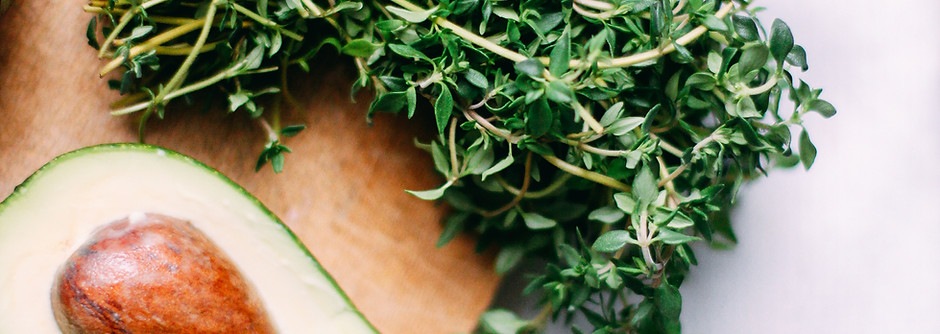How To: Be a Healthy Vegan (Part 2)
- Dani Grady

- Oct 3, 2018
- 2 min read

Flashback to the beginning of last week’s blog post: You hear someone say the word “vegan”—what’s your first thought?
Maybe a vegan friend’s name popped into your mind, or you might have pictured leafy greens. Or maybe you simply considered the definition of veganism or thought about its purpose. A few of you, though, might have labeled the lifestyle as restrictive.
While veganism does cut out animal products and by-products, the key to a nutritious vegan diet, according to The Vegetarian Resources Group, is actually variety. Eating a wide range of the right foods can supply vegans with almost all of the vitamins and minerals they need to lead a healthy and energized life.
First, we’ll discuss a few of the minerals that the U.S. Food and Drug Administration classifies as “nutrients of concern,” meaning that most Americans don’t get enough of them, and which vegan foods contain them.
Calcium:
Calcium is a mineral that aids in blood clotting, bone and teeth formation, constriction and relaxation of blood vessels, hormone secretion and muscle contraction, according to Michigan Medicine. Though calcium is known for being in dairy products like milk and yogurt, vegans can get their daily supply of the mineral from almonds, rice, leafy greens and soy milk.
Iron:
The FDA lists iron as a mineral of concern for young children, pregnant women and women who can become pregnant because it promotes growth and development, immune function, red blood cell formation and energy production. Luckily, iron is found in more foods than just red meat, like beans, peas, leafy greens, raisins and whole grain breads.
Potassium:
Potassium might be known for its presence in bananas, but the mineral works to maintain blood pressure, fluid balance, heart function and protein formation, according to Michigan Medicine. Aside from bananas, potassium can be found in vegan foods like fruit juices, spinach, tomatoes and white beans.
As for vitamins, almost all 13 of them can be found abundantly in a variety of fruits, green vegetables, like spinach and broccoli, and enriched grain products, like bread and rice, according to the FDA. However, Vitamin D and Vitamin B12 are the two exceptions, as neither of them are found naturally in any foods that a vegan would eat, the Gentle World explained. The organization recommends that vegans obtain Vitamin D simply through exposure to sunlight and that they consume Vitamin B12 either through certain fortified foods or through supplements.
Jess Grady, who adopted a vegan lifestyle more than two years ago, has worked to achieve a nutritious vegan diet through eating a variety of fruits, vegetables, grains and other whole foods and through planning her meals in advance.
“I keep track of how much and what kinds of foods I eat throughout the day; if I notice I haven’t eaten certain food groups that day, such as leafy greens or berries, I’ll make sure I incorporate them into my next meal,” she said.
As for Vitamin D and Vitamin B12, Grady explained that she leaves the Vitamin D to sun exposure and takes 2500 mcg of B12 once a week.
Though achieving a healthy vegan diet does take some consideration and planning, it is certainly attainable and not only allows, but actually encourages, one to eat a wide variety of foods.




I'm glad to see that you are looking into the smaller, often forgotten or unheard of, aspects of veganism. The only thing you might want to consider when discussing vitamins and minerals, is that most people that eat the SAD (Standard American Diet) are more deficient in these than vegans are. I understand that your focus of this blog is veganism, but even though the microscope might be on vegans, that doesn't mean we shouldn't include the full facts surround a certain topic. For example, the amount of calcium found in dairy products is considerably lower than the amount found in nut-based milks. In addition, dairy is not good for the human body, even though it's marketed that way. So…